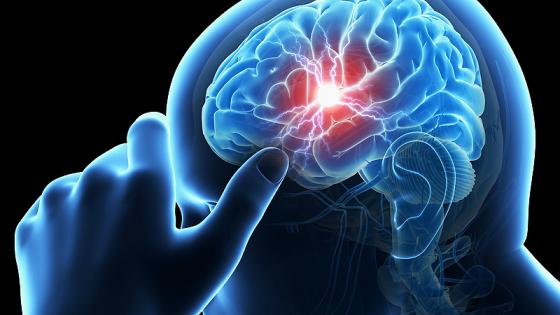Yoga and Tai Chi May has preventive and curative effects on people who are at risk of strokes or even stroke victims.
Source: University Of South Australia Jan 01, 2019 7 years, 1 week, 6 days, 18 hours, 55 minutes ago
One of the biggest health issues could be checked if more people took up yoga or tai chi and reduced their blood pressure, an Australian study has found.
Stroke costs the world $120 billion a year through treatment and loss of productivity, affecting 2.6 million people in 2017.
A paper published in
Future Neurology by researchers from Monash University, the University of South Australia (UniSA) and the University of Melbourne shows the impact that mindfulness-based interventions (MBIs) such as yoga and tai chi can have on reducing hypertension, fatty acids and blood sugar levels -- all risk factors for stroke.
Researchers say both Eastern practices have the potential to mitigate stroke risk as well as help support stroke survivors.
UniSA Senior Lecturer in Human Movement, Dr Maarten Immink, says physical activity plays an important role in preventing recurrent stroke but many stroke survivors may have limited mobility.
"This is where yoga and tai chi are so helpful. They are gentle, movement-based MBIs which help people focus -- a state of mind which stroke survivors often lose -- and be active at the same time," Dr Immink says.
The researchers analysed 26 studies published between 1985 and 2017 which examined how yoga and tai chi moderated key stroke risk factors, including blood pressure, cholesterol,
diabetes, atrial fibrillation, smoking and alcohol consumption, obesity, anxiety and depression.
UniSA Dean of
Health Research, Professor Susan Hillier, says there is increasing evidence that MBIs can be an effective and noninvasive way of reducing hypertension -- the biggest stroke risk factor.
"Some evidence suggests that MBIs such as yoga and tai chi regulate blood pressure by teaching people to breathe deeply, balancing and stabilising their autonomic nervous system and lowering their heart rate," Prof Hillier says.
The stroke specialist says nearly one third of adults around the world suffer from high blood pressure, with 23 million additional strokes projected in the next 12 years.
"Survivors of stroke are at an increased risk of another one -- 43 per cent likely within 10 years, 32 per cent within five years and 16 per cent within one year -- so it is important we find interventions to help reduce the major risk factors," she says.
Apart from reducing blood pressure, the research shows that MBIs can help improve diabetics' health by increasing blood and oxygen supply to the tissues, helping to produce insulin, and boosting anti-oxidants.
Reference:Tharshanah Thayabaranathan, Maarten A Immink, Philip Stevens, Susan Hillier, Amanda G Thrift, Amy Brodtmann, Leeanne Carey, Monique F Kilkenny, Dominique A Cadilhac. Understanding the potential for yoga and tai chi interventions to moderate risk factors for stroke – a scoping review. Future Neurology, 2018; 13 (4): 239 DOI: 10.2217/fnl-2018-0005
